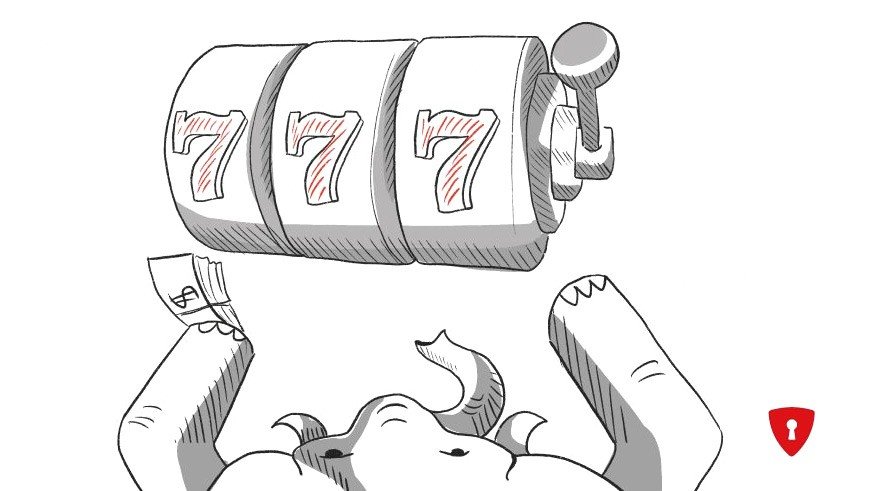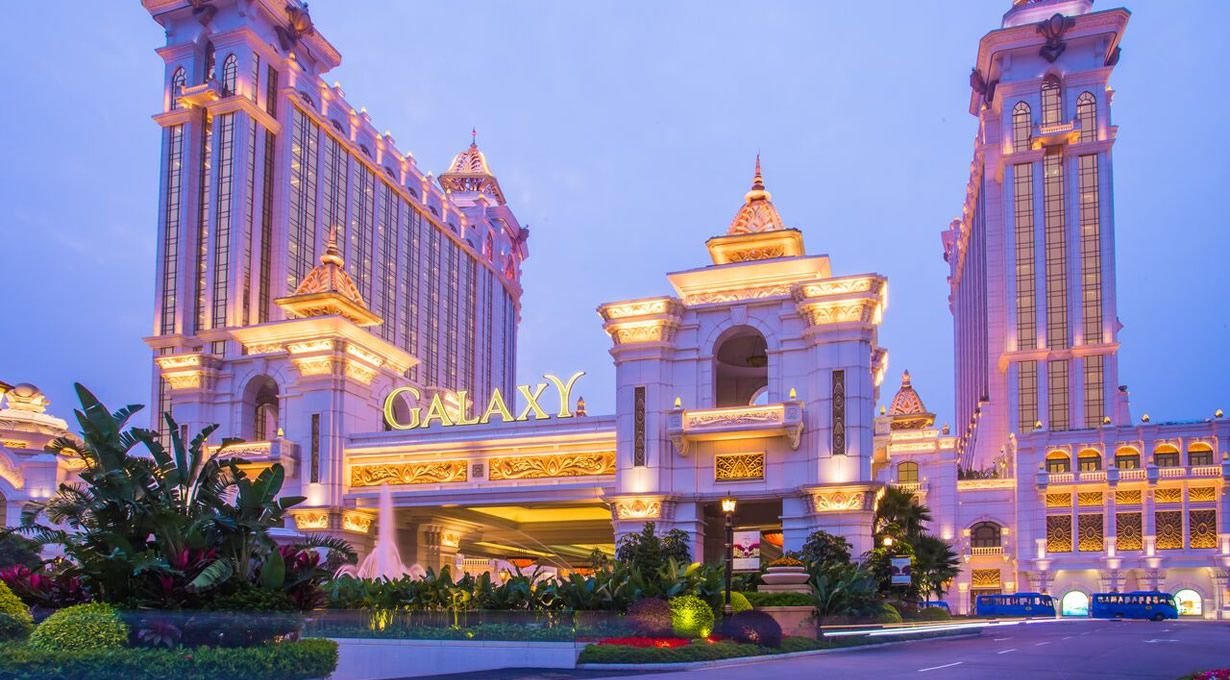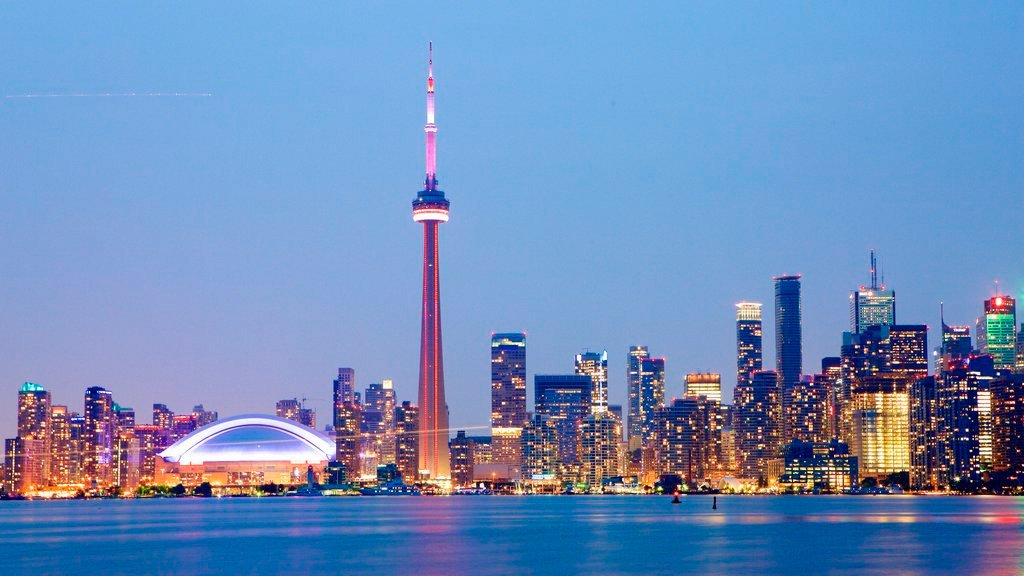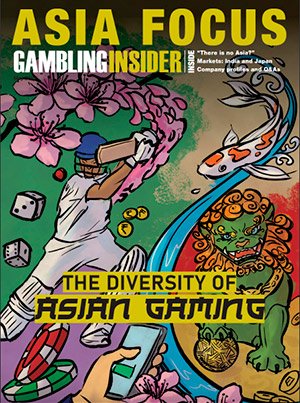Slotegrator's new report gives an overview on Asian markets in 2021

Asian markets attract operators with their untapped potential, but the region is not an easy one to enter. Most countries have restrictive gambling and betting regulations, with only a limited number of enterprises legally allowed to operate.
However, there seems to be a trend towards gradual legalisation. Many countries where gambling has long been prohibited have witnessed the rise of black markets run by gambling syndicates, which offer no player protection or transparency. To combat this phenomenon — and monetise locals’ newfound entertainment habits — some countries are changing their approach, slowly opening the door to gambling legalisation starting from brick-and-mortar operations.
China
Gambling in China is illegal, with the exception of the two state-run lotteries — Welfare Lottery and Sports Lottery. However, Chinese nationals can gamble in two special administrative regions of the People’s Republic, Macau and Hong Kong.
The Chinese government’s staunchly anti-gambling stance has had a profound influence far beyond the country’s borders, with nearby countries often targeting Chinese tourists with their land-based casinos.
Macau
A former Portuguese colony, Macau is often called “the Las Vegas of Asia”. And its 41 casinos, millions of tourists, and countless neon lights seem to fully justify the moniker. Unlike Vegas, Macanese establishments focus on attracting high-stakes professional gamblers rather than casual players.
Despite its status as a legendary gambling destination, online casinos are banned on the island, with the local regulatory agency issuing a public warning in 2015.
Hong Kong
Hong Kong is the only other special administrative region of China, enjoying a relatively high degree of autonomy. Gambling is legal, but strictly regulated. All forms of betting are a monopoly of the Hong Kong Jockey Club, while casino gaming is restricted to dedicated cruise ships — and even there, only when outside the island’s territorial waters.
Online casinos remain illegal, and the government is known to take action against black market operators.

India
As India is a federation, gambling regulations are in the hands of individual states.
At the moment of writing, physical casinos are regulated in Goa, Sikkim, and Daman and Diu. Casinos have long been legal in Goa in the form of boat venues, as the local government allows offshore vessels to offer gambling services with prior approval. Land-based sports and horse racing betting are not regulated. Finally, it’s good to remember that poker is generally considered a game of skill, and is therefore allowed in most states.
Online gambling isn’t regulated on a federal level either, and only a handful of states have spoken out as to its legality. As of 2021, the states of Sikkim and Nagaland offer licenses to online casino and sportsbook operators, while Andhra Pradesh and Tamil Nadu have officially banned the practice.
So far, there hasn’t been any attempt to regulate gambling in India at the federal level. However, in 2018, the Law Commission of India submitted a recommendation to the government, suggesting a country-wide legalization of gambling and betting, so the option is still on the table.
Philippines
The Philippines have an interesting regulatory system: licenses and control over gambling operations are handled by two organizations, the Philippine Amusement and Gaming Corporation (PAGCOR) and the Cagayan Economic Zone Authority (CEZA).
PAGCOR takes care of the licensing process for bingo houses, betting shops, cardrooms, and land-based casinos, while CEZA issues licenses to online gambling operators — which, however, are not allowed to offer their services within the country.
Surprisingly, though, it’s not illegal for foreign operators to offer iGaming services to Filipino citizens, as it’s not expressly prohibited by any piece of legislation. Additional confusion comes from the fact that PAGCOR began offering Philippine Offshore Gaming Operator licenses (or POGOs), which provide an alternative to CEZA.
Operators holding CEZA licenses have to pay a gaming levy based on their gross gaming revenues (GGR). PAGCOR licenses are valid for three years, and operators holding one (including POGOs) are only subject to a 5% tax on their turnover.
Out of the two, PAGCOR’s licensing regime is the most transparent:
- Operators must hold authorized capital stock of at least PHP 15,000,000 (EUR 250,000 / USD 300,000), and paid-up capital stock of at least PHP 3,000,000
- Foreign operators must also have a local agent to represent their interests in the Philippines
|
Type of platform |
Application and processing fees |
Licensing fee |
Performance/security bond fee (one-time) |
Triennial renewal fee |
|
E-casino |
$150,000 |
$200,000 |
$300,000 |
$150,000 |
|
Online sports betting |
$120,000 |
$150,000 |
$300,000 |
$120,000 |
|
Online sports betting on regulated-wagering events |
$120,000 |
$150,000 |
N/A |
$120,000 |
Japan
Historically, gambling in Japan has been prohibited, with a few specific exceptions like pachinko houses and publicly administered betting and lotteries. The Japanese law considers gambling an offense and defines it as “an act of betting property or assets on the outcome of a contest of chance.”
Nevertheless, things began to change in 2018, when the country legalized casinos in the form of “integrated resorts. These establishments primarily focus on tourists and locals are not barred from accessing their services. However, there are strict limits in place to discourage gambling addiction: Japanese citizens can only visit the casinos three times per week or ten times per month, and there is a JPY 6,000 (EUR 46 / USD 50) entrance fee.
In 2021, the newly-formed Japan Casino Regulatory Commission published regulations enforcing the Specified Integrated Resort Area Development Law, providing rules and criteria for establishing casinos.
It’s too early to say whether the newly legalised land-based market will pave the way for online casinos, but the ice has been broken. The system of integrated resorts follows the example set by Singapore, which gradually regulated the gambling industry in a similar manner.
South Korea
South Korea is subject to stringent regulations. Online gambling is outright banned, while land-based establishments are only open to foreign nationals, with the sole exception of Kangwon Land.
The legal framework regarding gambling is simple: unless it’s expressly permitted, it’s illegal. Aside from the aforementioned land-based casinos, the only forms of gambling allowed are the lottery and betting on horse racing and bullfighting.
Illegal gambling — and betting — is punishable with fines and prison sentences; websites targeting South Korean players get blacklisted, and their bank transactions are swiftly blocked.
Singapore
For many years, gambling in Singapore was limited to the offer of publicly-owned operators — Singapore Pools for lottery-type games and the Singapore Turf Club for horse racing and sports betting.
As in many other countries in the region, private casinos were prohibited; however, this began to change in 2005. After a period of consideration, the local government lifted the ban and allowed casinos to operate within integrated resorts, with an entry fee of SGD 150 introduced to discourage problem gambling. Currently, the number of licenses available is capped at two, and both are taken.
Online gambling is prohibited, except for services provided by the aforementioned public operators, the National Heritage Board, and the Singapore Sports Council.
Penalties for both black market operators and players are harsh, with steep monetary fines respectively up to SGD 5,000 and SGD 500,000 — and jail sentences (up to six months for players and seven years for operators) to boot. Furthermore, the Ministry of Home Affairs established in 2021 a Gambling Regulatory Authority to enforce stricter oversight on the industry, and harsher punishments are currently being discussed.
Vietnam
Vietnam has strict regulations, and for decades all forms of gambling were completely banned. The tide, however, seems to have turned in 2018, with the legalisation of betting on football, horse racing, and greyhound racing and the opening of casinos reserved to holders of foreign passports.
Furthermore, the government launched a pilot project to allow locals in casinos, provided they earn a minimum of VND 10,000,000 (EUR 370 / USD 440) per month. One casino is currently operational and participating in the project, while a second is being developed, and various others are in the stage of seeking governmental approval.
Cambodia
Gambling in Cambodia is heavily restricted. Land-based casinos are allowed to operate under concessions and are only open to foreigners. They attract people from neighboring countries like Vietnam, where gambling for locals is also banned. The government issued online licenses between 2015 and 2020, but the practice has since been banned once again.
A positive development is the introduction of a new gaming law, which entered into force on November 18, 2020. Much like in Japan, this allows for integrated resorts based on the Singaporean model, which will be subject to a dedicated licensing process.
Malaysia
As a predominantly Islamic country, Malaysia bans both land-based and online gambling for citizens, yet — much like Cambodia and Vietnam — it allows brick-and-mortar establishments to offer their services to foreigners. Unlike other countries in the region, players are not criminally prosecuted.
Taiwan
Gambling has been a criminal offense in Taiwan since 1935, which means that both online and land-based establishments are banned within the main island. Venues in offshore islands were legalised in 2009, but none opened as of 2021 due to poor local support. The only exceptions to the ban are state-run lotteries.
Black market operators are punished harshly by the authorities: in May 2021, the organisers of an unlicensed gambling ring were fined for TWD 1.15bn (EUR 35.1m / USD 41.7m) and narrowly avoided criminal prosecution.
Blanket bans
Due to tradition or religious views, many countries in Asia view gambling in a negative light and don’t allow any games of chance to be played. Countries like Thailand, Laos, Nepal, Pakistan, Brunei, and Indonesia maintain such a blanket ban on gambling.
Other countries like East Timor, Bhutan, and Mongolia ban land-based activities, but have no regulations in place regarding online gambling.
The future of Asian gambling markets
Asia is certainly not a gambling-friendly continent, but writing it off would be a mistake. The rising awareness of player protection measures and potential value of the industry in terms of state revenues caused a noticeable shift in attitudes in many countries, opening the door to legalisation where only a decade prior it would have been out of the question.
As things stand, the liberalization following an example of the western and Latin American countries, at least for now, is primarily limited to the land-based industry and focused on tourism. Time will tell whether the effects of COVID-19 will result in a slowdown of the process or in a shift towards the legalisation of online gambling markets to compensate for the loss in tax revenues.
If you want to make sure that you’re staying on the right side of the law when opening your online casino or sportsbook, or want to know ins and outs of a particular jurisdiction, have a chat with our legal experts free of charge.

















































